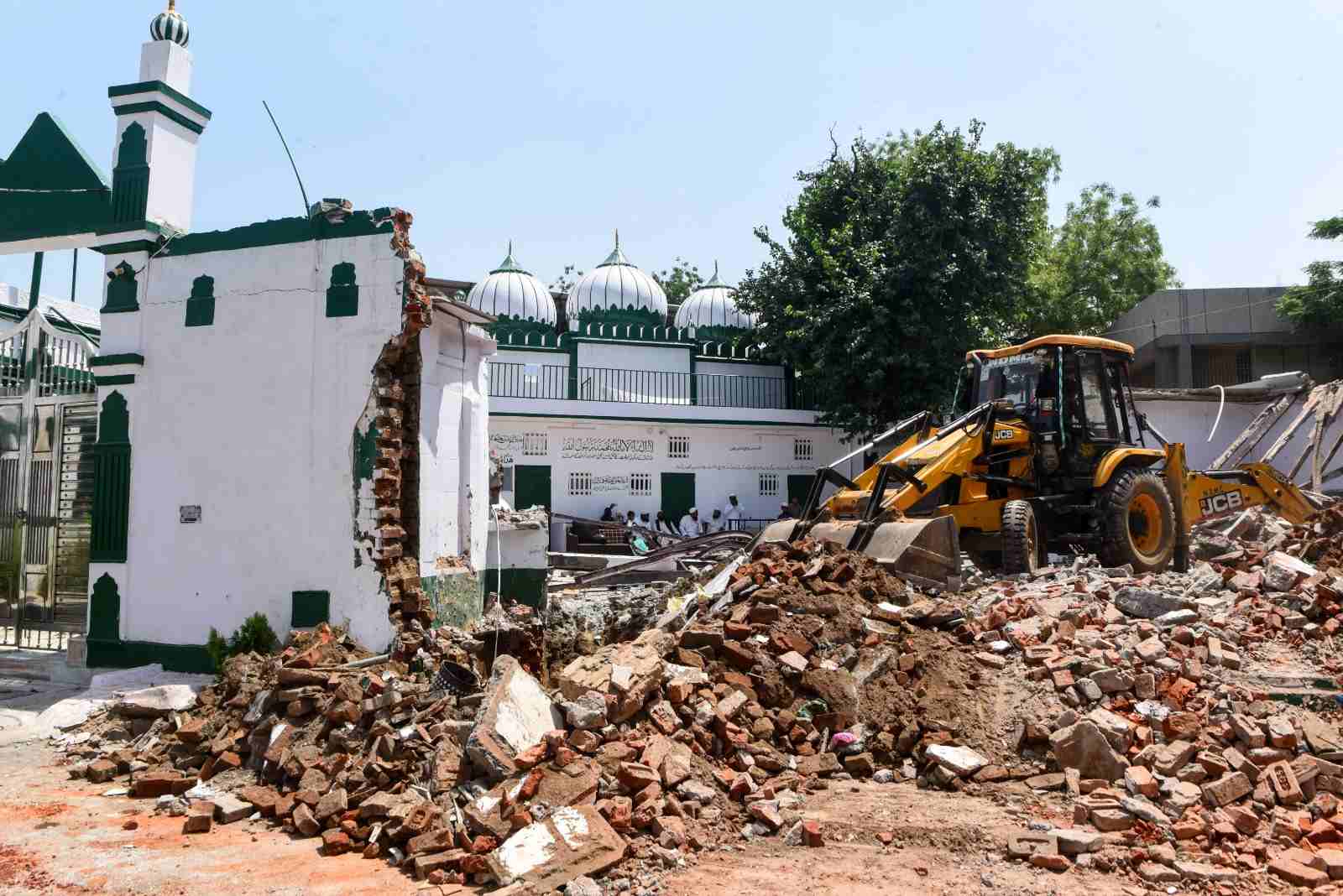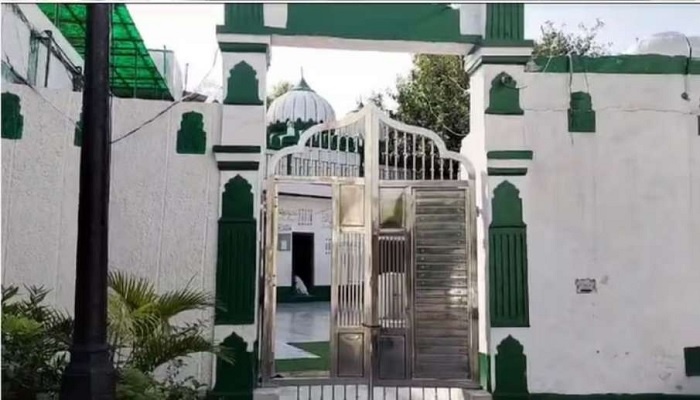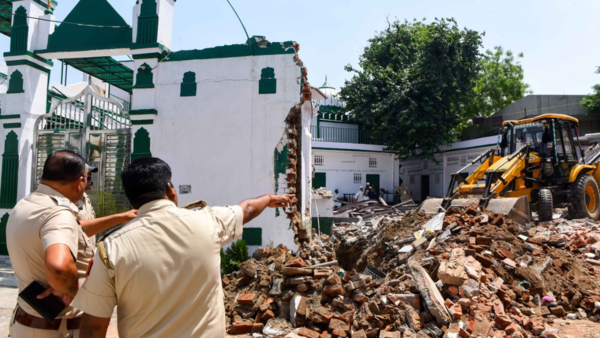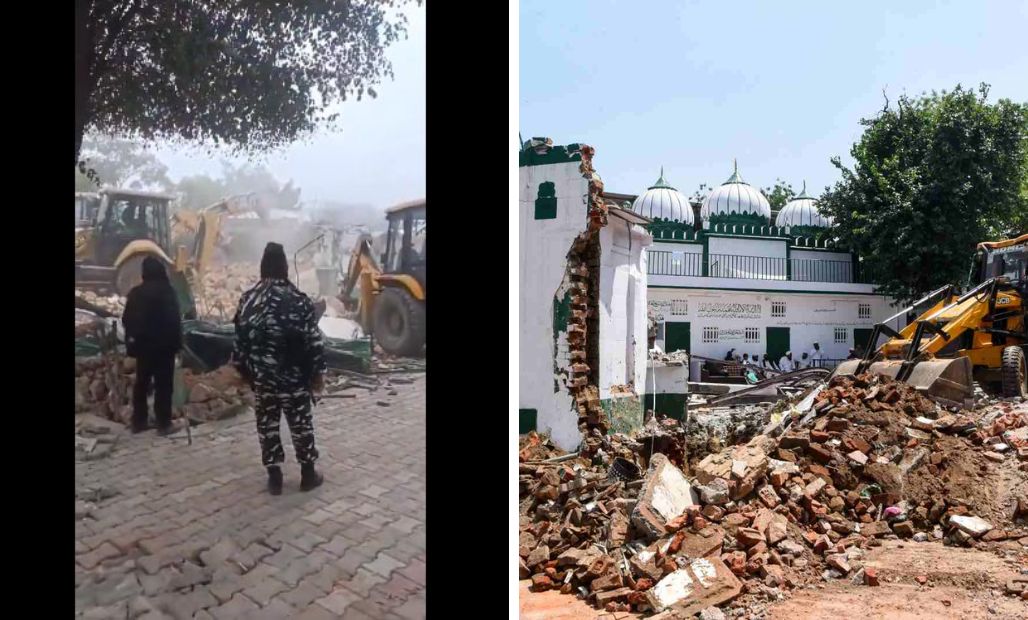In a startling incident on January 31st, officials from the Delhi Development Authority (DDA), accompanied by a heavy police presence, abruptly demolished the Masjid Akhonji, a mosque with a history spanning over 600 years in Delhi’s Mehrauli.
Full Story:
Masjid Akhonji, standing for centuries as a symbol of religious and historical significance, was razed to the ground in the early hours. Imam Zakir Hussain, expressing grief in an online video, revealed that the mosque housed the Madrasa Bahrul Uloom, where students came to learn, and contained the sacred graves of revered figures. The demolition, occurring just before the morning call to prayer, caught residents and worshippers off guard.

Source: Muslim Mirror
Imam Zakir Hussain accused DDA officials of covertly removing demolition debris to conceal signs of the destruction from the public eye. Furthermore, he claimed that authorities forcefully confiscated phones from him and others present, preventing documentation of the incident. Shockingly, the Imam revealed that officials did not permit the rescue of holy Qurans before the demolition. Not only were sacred artifacts desecrated, but the belongings and properties of 22 Madrasa students, including food and clothing items, were also reportedly destroyed.

Source: The Observer Post
This incident raises concerns as it contradicts assurances given by the DDA to the Delhi High Court, where it explicitly stated that no mosque, graveyard, or legally owned Waqf property within the Mehrauli Archaeological Park would face demolition. This assurance came in response to a petition by the Delhi Waqf Board. The demolition of Masjid Akhonji has fueled skepticism about the authorities’ commitment to protecting religious and cultural sites.

Source: Times of India
Online, citizens have decried the demolition as “unconstitutional.” This event adds to a series of incidents where various state governments have selectively targeted properties owned by Muslims. A video posted by Hate Detector on social media shows Assam Chief Minister Himanta Biswa Sarma boasting about conducting 50,000 demolitions of homes in the state, raising concerns about the discriminatory nature of such actions. The citizens emphasize the need for accountability and justice in the face of what they perceive as religious discrimination.



















































































